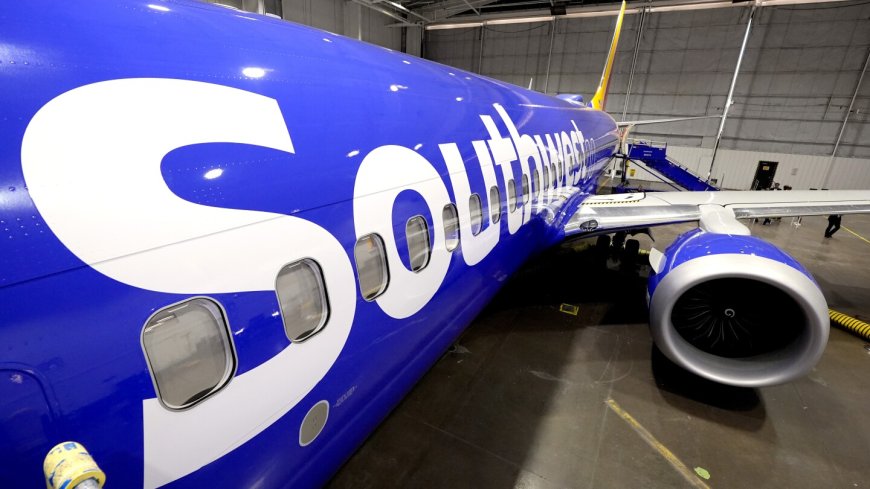Southwest Airlines to end cabin service earlier on flights to reduce chance of injury
Southwest Airlines says it is ending cabin service earlier on flights, requiring passengers to do the usual pre-landing procedures such as ensuring their seatbelts are fastened and returning their seats to an upright position earlier than before. Beginning on Dec. 4, a company spokesperson said, flight attendants will start preparing the cabin for landing at an altitude of 18,000 feet (5,486 meters) instead of 10,000 feet (3,048 meters). The change in procedure is designed to “reduce the risk of in-flight turbulence injuries” for crew members and passengers, the company said. While turbulence-related fatalities are quite rare, injuries have piled up over the years. More than one-third of all airline incidents in the United States from 2009 through 2018 were related to turbulence, and most of them resulted in one or more serious injuries but no damage to the plane, the National Transportation Safety Board reported. In May, a 73-year old man died on board a Singapore Airlines flight when the plane hit severe turbulence over the Indian Ocean. The airline had also previously announced other changes. Starting next year, Southwest will toss out a half-century tradition of “open seating” — passengers picking their own seats after boarding the plane.

Southwest Airlines says it is ending cabin service earlier on flights, requiring passengers to do the usual pre-landing procedures such as ensuring their seatbelts are fastened and returning their seats to an upright position earlier than before.
Beginning on Dec. 4, a company spokesperson said, flight attendants will start preparing the cabin for landing at an altitude of 18,000 feet (5,486 meters) instead of 10,000 feet (3,048 meters). The change in procedure is designed to “reduce the risk of in-flight turbulence injuries” for crew members and passengers, the company said.
While turbulence-related fatalities are quite rare, injuries have piled up over the years. More than one-third of all airline incidents in the United States from 2009 through 2018 were related to turbulence, and most of them resulted in one or more serious injuries but no damage to the plane, the National Transportation Safety Board reported.
In May, a 73-year old man died on board a Singapore Airlines flight when the plane hit severe turbulence over the Indian Ocean.
The airline had also previously announced other changes.
Starting next year, Southwest will toss out a half-century tradition of “open seating” — passengers picking their own seats after boarding the plane.


























































